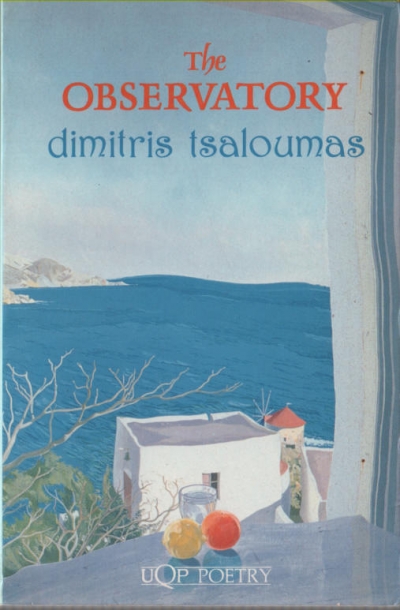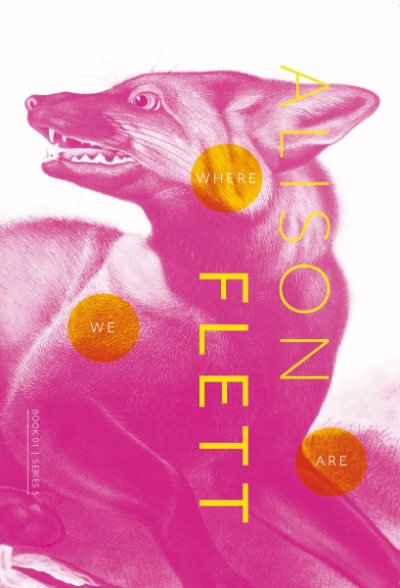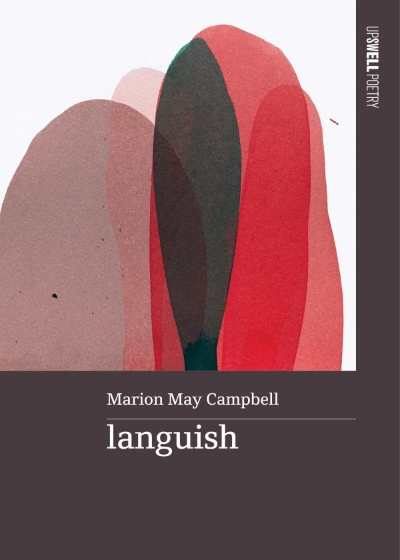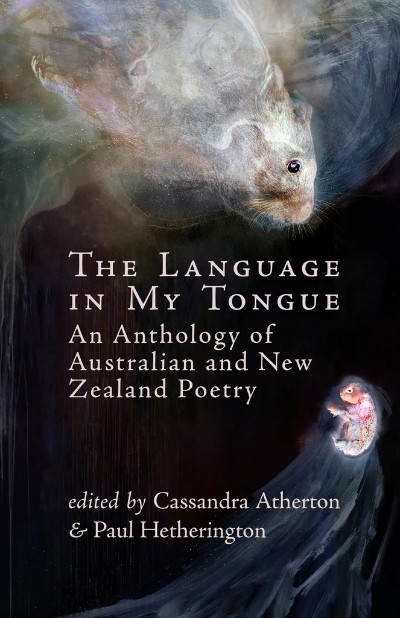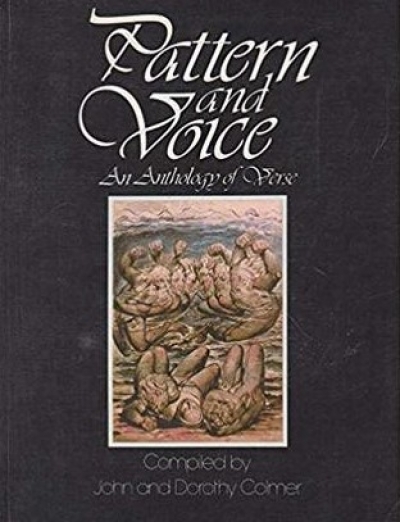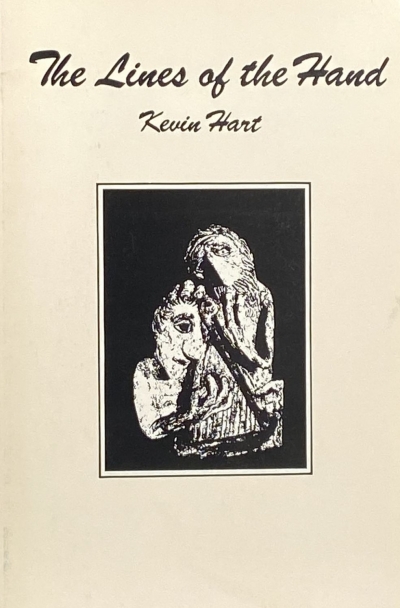Australian Poetry
we live with myriad trees
brush boxes engulf our balconies
October skins bursting pistachio green
beneath in bark litter
Chinese boys carry lattes
crack basketballs down the middle seam
Flight Animals by Bronwyn Lea & Sensual Horizon by Martin Langford
What do we do with literary magazines? How do we read these more or less accidental collections of literary fragments? How can we say that they matter? It would be nice if we could hold on to the heroic model of the modernist little magazine always ‘making it new’, forging a space for the advance guard, with what Nettie Palmer once called a ‘formidable absence of any business aims’. But, in the age of state subsidy and university support, and with large publishing houses intervening in the magazine market place, this would be sheer nostalgia – though in a form that might still motivate new magazine projects.
... (read more)The Observatory: Selected poems by Dimitris Tsaloumas, translated by Philip Grundy
It is usually true to say that poetry is difficult and criticism easy. In the present case, I am not sure that this is quite so true. What can any critic sensibly say about the present batch of books which range from Bruce Dawe ‘s Collected Poems 1954–1978, Sometimes Gladness, to reprints of minor colonial verse and includes the gentle nature mysticism of John Anderson’s The Blue Gum Smokes a long Cigar, reverently illustrated by Ned Johnson and produced by Rigmarole of the Hours, and the ambitious regionalism of the two books of Hunter Valley Poets, IV and V, edited by Norman Talbot?
... (read more)

